Fear not. Robots won’t take our jobs. In the hospitality sphere, robots – or rather artificial intelligence – can propel our productivity, making our work more effective and our time more efficient. Here are six ways hotel marketing teams are using AI today.
The Rise Of AI
It’s barely been a year since access to generative artificial intelligence (AI) technology became widely available, yet marketing teams have been quick to explore AI, if not fully embrace it.
More than 80% of US marketers have experimented with AI technology, according to a recent Sitecore survey, using it to personalize content, unearth deeper insights into customer needs, and improve the overall customer experience.
Indeed, AI is the buzzword of the year, but there’s more to it than just buzz. While it’s still an emerging technology, hotel teams are already discovering how AI tools can aid their cause. They use platforms like ChatGPT and Google’s conversational AI chatbot “Bard” to generate content, expedite copywriting, and optimize ad performance.
If you’re still unsure about adopting AI into your day-to-day life, consider two practical advantages.
- AI Helps Save Time: In a recent Hubspot article, 90% of marketers reported that AI helped them spend less time on manual tasks. With more time, hotel marketers can focus on areas of their jobs related to creativity, brainstorming, and experimentation, leading to further innovation.
- AI Helps Optimize Results: AI enables hotels to develop targeted marketing messages that speak directly to potential guests. By prompting AI to craft language for a designated audience with a specific tone, for example, ads and organic pages can reap the rewards of increased clicks and conversions.
6 Ways Hotel Marketing Teams Are Using AI
In this section, we will explore six ways in which hotel marketing teams use AI.
1. Content Creation
Think of AI as your new writing partner. Hotel marketing teams have long sought copywriting services to create a significant portion of their brand’s content. Using AI assistants, hoteliers can produce a greater portion of the content for their website, social media, and advertising copy, and with a quicker turnaround.
But don’t plan on handing the copywriting reigns over to AI completely. The human element is still essential to the writing process, from guiding the AI assistant in the right direction to assuring quality and originality in the end result. (More on this below.)
2. Competitive Research
Competitive marketing research has become considerably easier and more insightful with the introduction of AI.
Here’s a sample AI prompt for conducting competitive research.
“Please conduct competitive research for the hotel industry in [specific city or region of your choice]. Explore and compare at least three [luxury/boutique] hotels in the area. Gather information on their [amenities, pricing, customer reviews, social media presence, and any unique selling points they may have]. Create a report summarizing findings and providing insights into the competitive landscape of the hotel industry in [selected location].”
Here’s an example of how we conducted competitive research for a hotel using the above prompt:
3. Brainstorming Content Ideas
We all need help to get the ball rolling from time to time. AI has emerged as a perky brainstorming sidekick. Not only is the technology helpful with springboarding ideas for verbiage, but AI can also help your marketing team by offering a plethora of innovative content ideas.
Here’s a sample AI prompt for content brainstorming:
“Create a list of 15 blog ideas for my luxury hotel in [your city or region]”
Using the prompt above, here’s what ChatGPT generated:
4. Technical SEO Optimization
AI can also be used to help marketers with technical SEO, including items such as:
- Page titles
- Meta descriptions
- Headings
- Image descriptions
- Image alt-text
Here’s a sample AI prompt for technical SEO:
“Write me an optimized [SEO technical item] for the following page: [insert URL], using the following keyword once: [insert keyword] using SEO best practices for [SEO technical item]”
For example, we asked ChatGPT to create a meta description, and here are the results:
5. Review Engagement and Reputation Management
Hotel teams spend significant time responding to online reviews and questions via social media channels. Marketers can use AI to aid in crafting original responses, improving the customer experience with the brand, and saving time as they do so.
Here’s a sample AI prompt for a response to a guest review:
“Create a response as the [hotel name] in a [insert tone] tone to the following customer review on Google My Business: [“insert customer review in their own words”].
Here’s an example of an AI-generated response to a customer for an example hotel:
6. Smart Chatbots
AI chatbots have been a game-changer when it comes to connecting with guests in different time zones. Hotel teams are using the technology to:
- Answer common or routine inquiries
- Assist with bookings
- Provide recommendations
For example, the hotel chatbot Asksuite allows guests to interact with a hotel by asking for room recommendations based on their personalized needs, such as number of guests and trip dates.
5 Considerations When Using AI in Hotel Marketing
As with any emerging technology, AI isn’t perfect. In fact, the human element is a critical component when using AI tools to aid in marketing. Here are five things for us humans to keep in mind.
1. AI Can’t Replace Human Intuition and Creativity
In crafting compelling marketing strategies, hotels rely on humans to bring new ideas to the table and prompt AI to perform. Analyze AI output carefully before acting.
2. Data Privacy and Security
AI relies on extensive data collection and analysis. Depending on how AI is being used, hotels may need to ensure they adhere to strict data protection regulations and maintain robust cybersecurity measures to safeguard sensitive guest information.
3. Mistakes and Misinterpreted Data
Hotels must continually monitor and refine AI models to ensure accuracy and avoid unintended consequences. Further, AI’s output can sometimes, indeed, sound quite robotic or regurgitate similar content repeatedly. Again, analyze AI output carefully before acting.
4. Learning Curve
Hotel marketing team members may not be ready to adopt and manage AI tools right away, requiring training and adjustments to workflows.
5. Cost
While many AI tools are free, some may require a portion of your budget. Your marketing team should weigh the costs versus benefits of any paid tools.
Whatever you do, don’t fear the robots. The AI revolution is an opportunity for collaboration. AI will undoubtedly be woven into the fabric of our future. Hotel marketing teams should be eager to grow their AI literacy. Those that do stand to benefit from the technology, both today and in the long term.
Free Hotel Case Study: How Marketing Personalization Motivates Travelers and Drives Bookings for Hotels
In this compact case study, you’ll read the data that shows the importance of marketing personalization to the average traveler. Download the following case study of Screen Pilot to learn how any hotel with a digital footprint can begin to use marketing personalization to increase conversions.
Click here to download the case study “How Marketing Personalization Motivates Travelers and Drives Bookings for Hotels”.
More Tips to Grow Your Business
Revfine.com is the leading knowledge platform for the hospitality and travel industry. Professionals use our insights, strategies, and actionable tips to get inspired, optimize revenue, innovate processes, and improve customer experience.Explore expert advice on management, marketing, revenue management, operations, software, and technology in our dedicated Hotel, Hospitality, and Travel & Tourism categories.

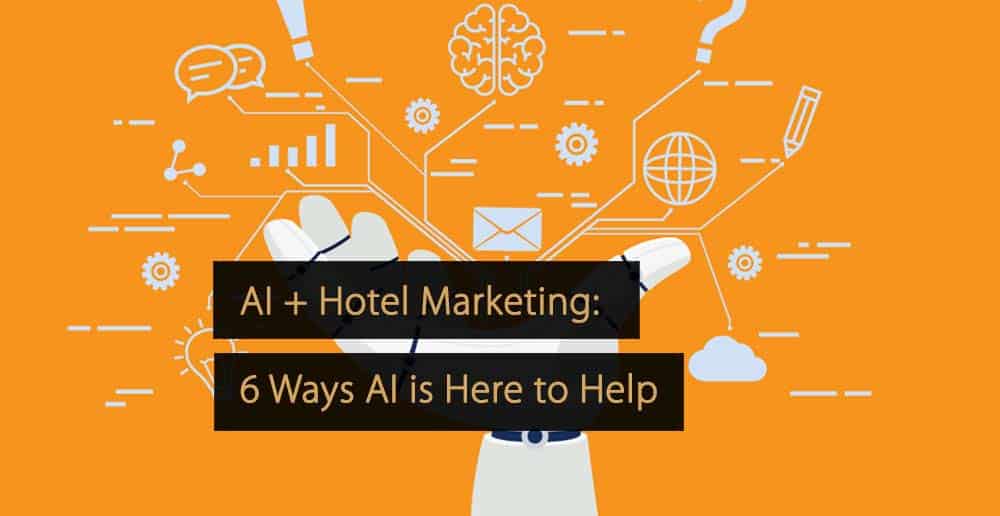
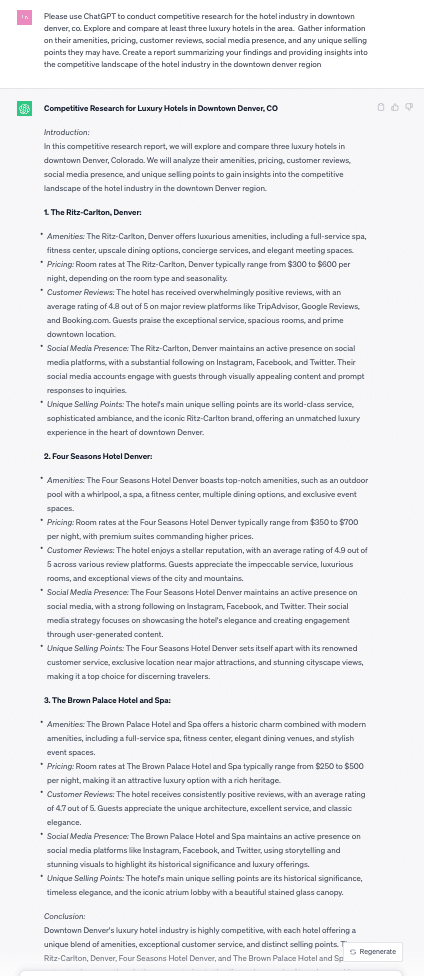
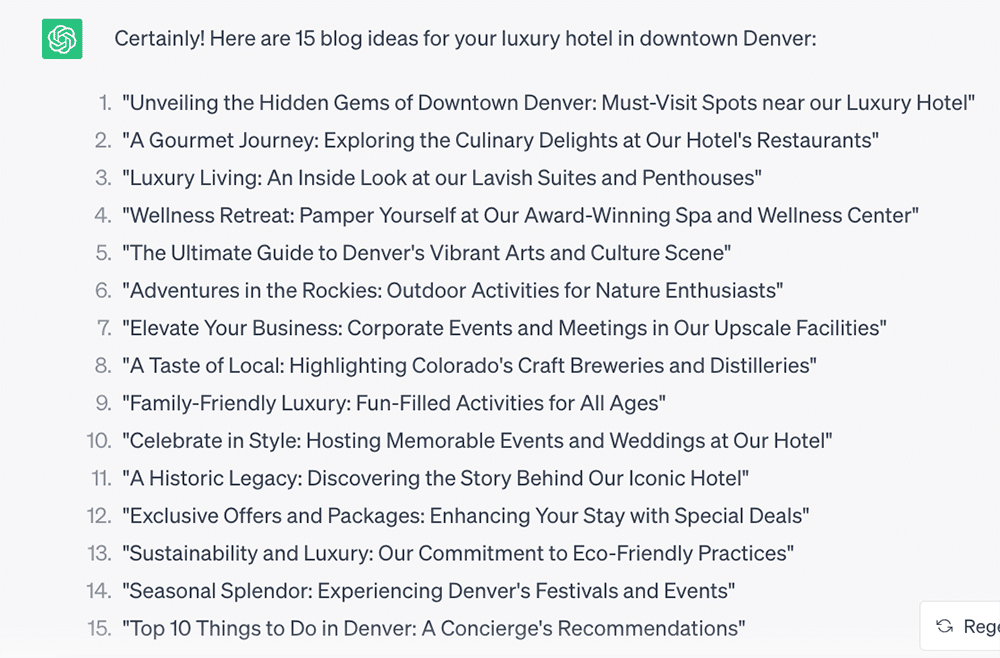
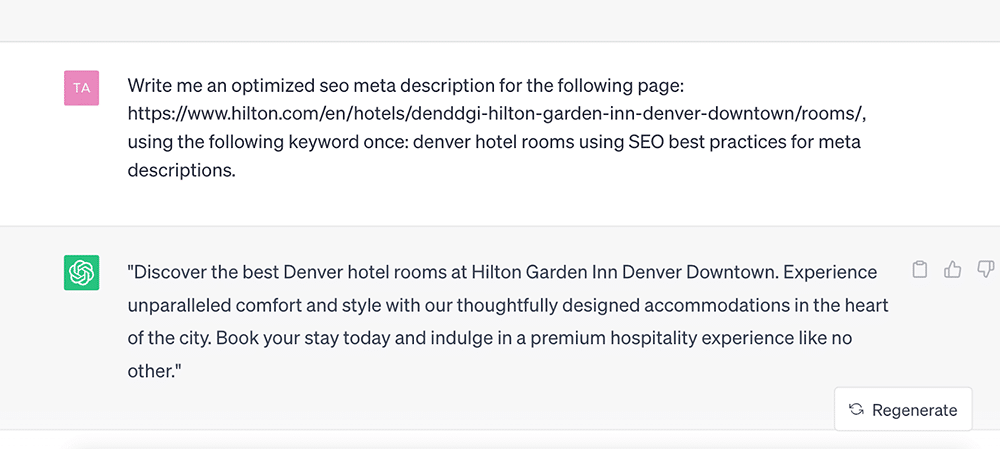
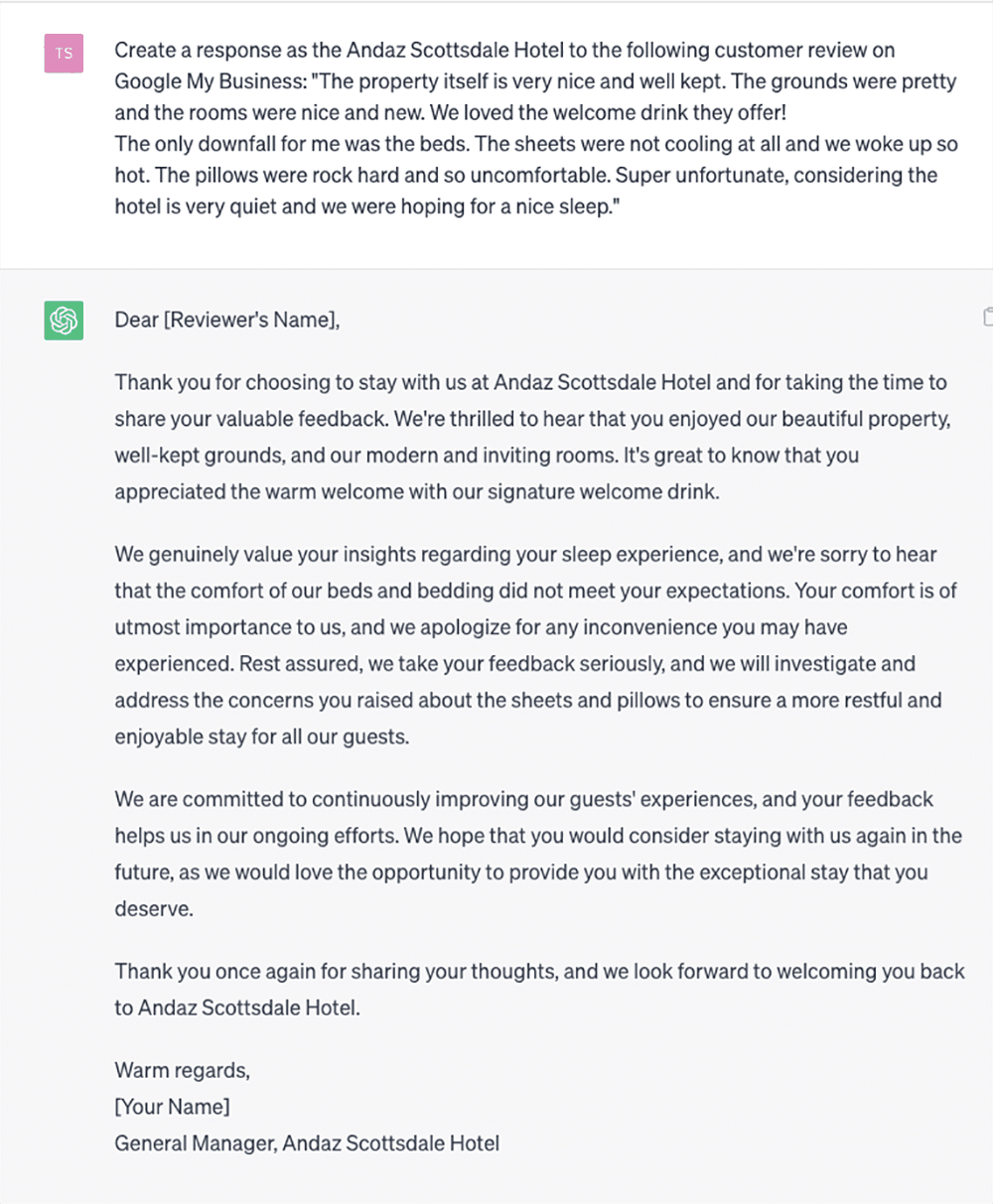

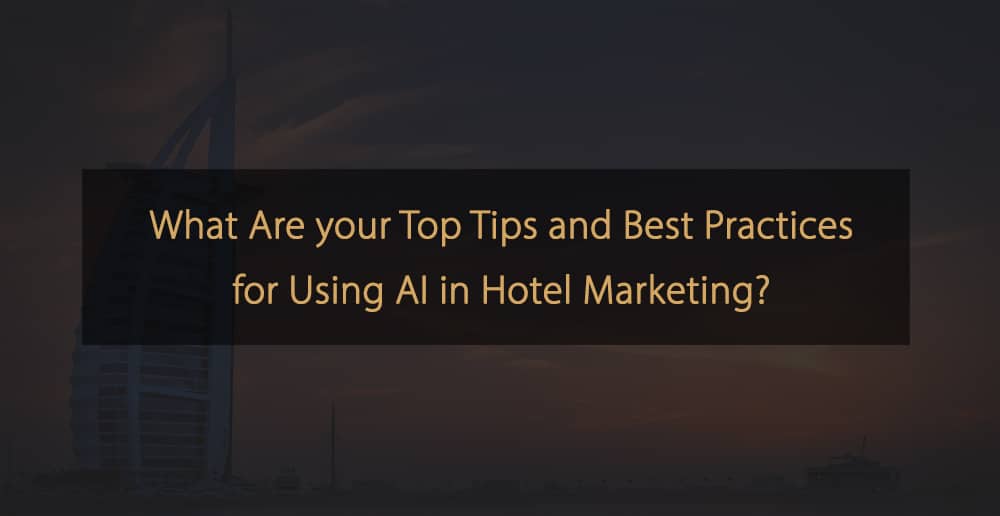
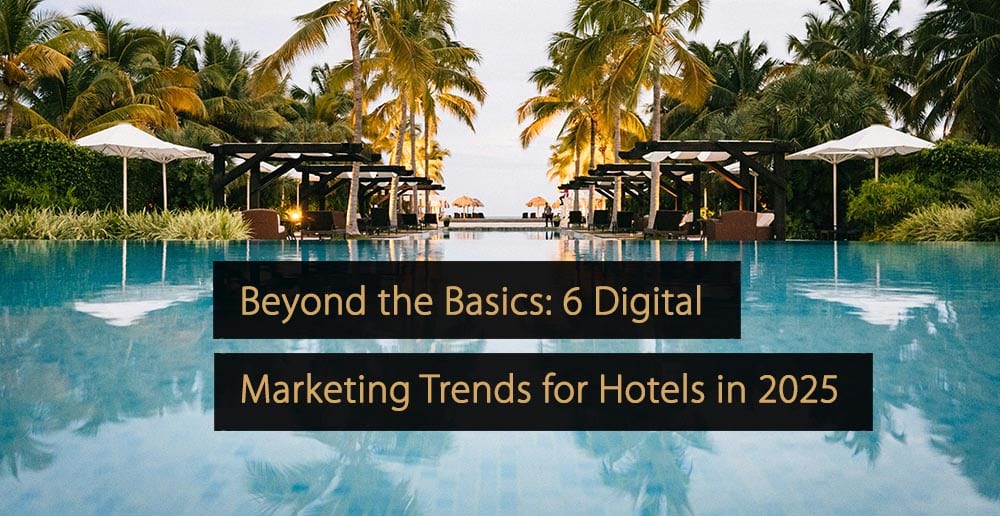

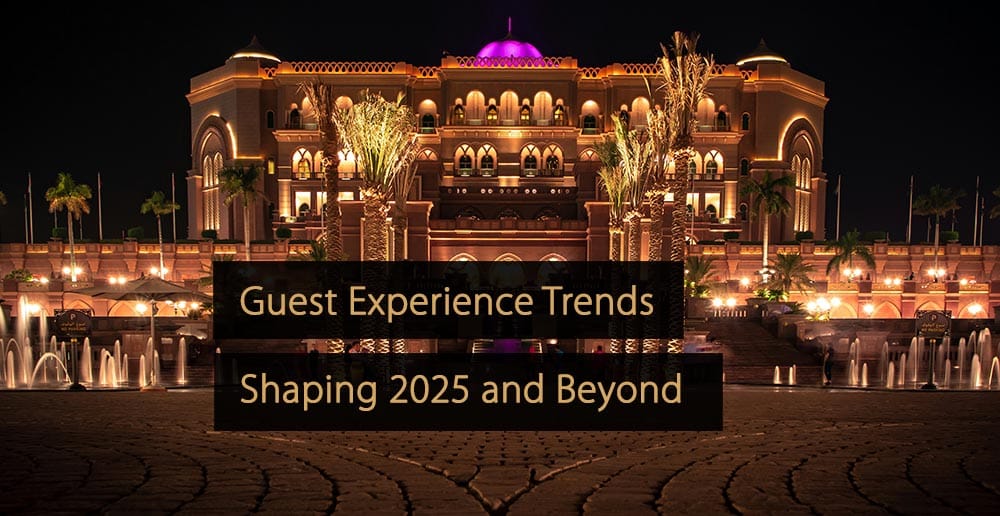
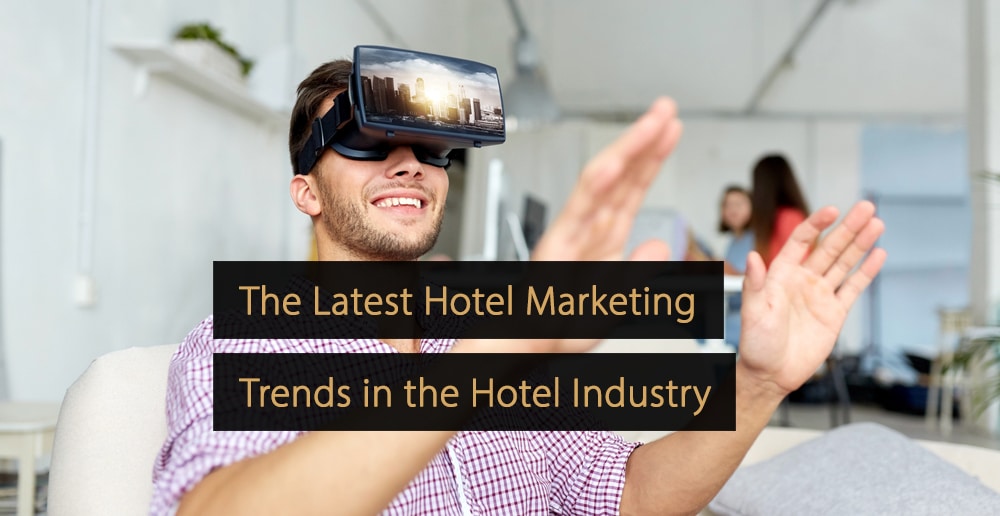
Leave A Comment